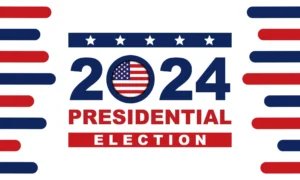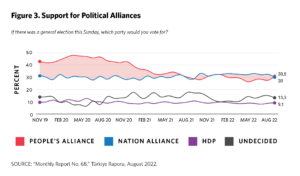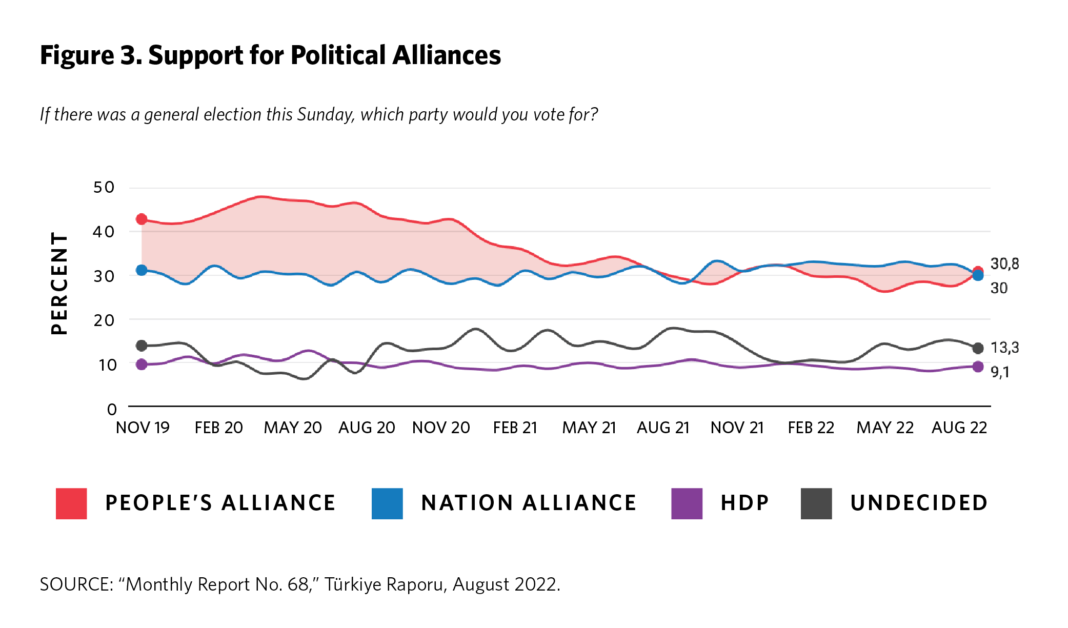
Introduction
In the realm of politics, the influence of alliances—both confirmed and rumored—can be profound. As elections approach, the speculation surrounding potential alliances often takes center stage, shaping public perception and political strategy. This article delves into the impact of rumored political alliances on upcoming elections, providing insights and analysis to understand their implications.
Understanding Political Alliances
Political alliances refer to strategic partnerships between parties, candidates, or political figures aimed at achieving common goals. These alliances can range from formal agreements to informal collaborations. The primary objectives include consolidating votes, pooling resources, and enhancing political influence. While formal alliances are documented and publicized, rumored alliances—those based on speculation rather than confirmed agreements—also play a significant role.
The Role of Rumored Alliances
- Shaping Public Perception
Rumored alliances can significantly impact voter perception. When political figures or parties are rumored to be collaborating, it can create a sense of inevitability or momentum. Voters may perceive these alliances as a strategic move to consolidate power, which can influence their voting decisions. The perception of a powerful, united front can sway undecided voters and bolster support for the rumored alliance.
- Influencing Media Coverage
Media plays a crucial role in amplifying rumors about political alliances. Speculative reports and analyses can generate extensive coverage, keeping the public and political commentators engaged. The constant buzz surrounding rumored alliances often leads to heightened scrutiny and debate, which can shape the political narrative and influence voter sentiment.
- Impact on Political Strategy
Political parties and candidates often adjust their strategies in response to rumored alliances. For example, if a major alliance is rumored, rival parties might reassess their campaign strategies, reevaluate their messaging, or seek to counteract the perceived advantages of the alliance. This dynamic can lead to shifts in campaign priorities and strategies.
Case Studies: Historical Context
- The 2016 U.S. Presidential Election
During the 2016 U.S. Presidential Election, numerous rumors about potential alliances emerged. Speculations about strategic partnerships between candidates and influential political figures influenced media coverage and voter expectations. These rumors contributed to the shaping of the electoral narrative and impacted campaign strategies.
- Recent European Elections
In recent European elections, rumors about alliances between various political parties generated significant public interest. For instance, speculations about potential coalitions or collaborations influenced voter perceptions and party strategies. The impact of these rumors highlights the importance of understanding the role of speculative alliances in shaping electoral outcomes.
Analyzing the Impact on Voter Behavior
- Voter Mobilization
Rumored alliances can mobilize voters by creating a sense of urgency or excitement. The speculation about powerful alliances can lead to increased voter engagement, as individuals become more motivated to participate in the electoral process. This heightened mobilization can influence election outcomes.
- Voter Distrust and Cynicism
On the flip side, rumored alliances can also breed distrust and cynicism among voters. When alliances are based on speculation, some voters may perceive them as manipulative or opportunistic. This skepticism can impact voter turnout and support for the candidates or parties involved.
Implications for Future Elections
- Strategic Adaptations
As elections approach, political actors must navigate the impact of rumored alliances. This includes adapting campaign strategies, messaging, and voter outreach efforts. Understanding the influence of rumors can help political teams stay ahead in a dynamic and competitive electoral environment.
- Enhanced Media Literacy
Voters and political analysts need to develop media literacy to critically assess the validity of rumored alliances. Distinguishing between speculation and confirmed alliances is crucial for making informed electoral decisions and understanding the broader political landscape.
Conclusion
Rumored political alliances play a significant role in shaping the dynamics of upcoming elections. By influencing public perception, media coverage, and political strategy, these rumors can impact voter behavior and election outcomes. As political actors and voters navigate the complexities of electoral politics, understanding the impact of rumored alliances is essential for a comprehensive analysis of the political landscape.


